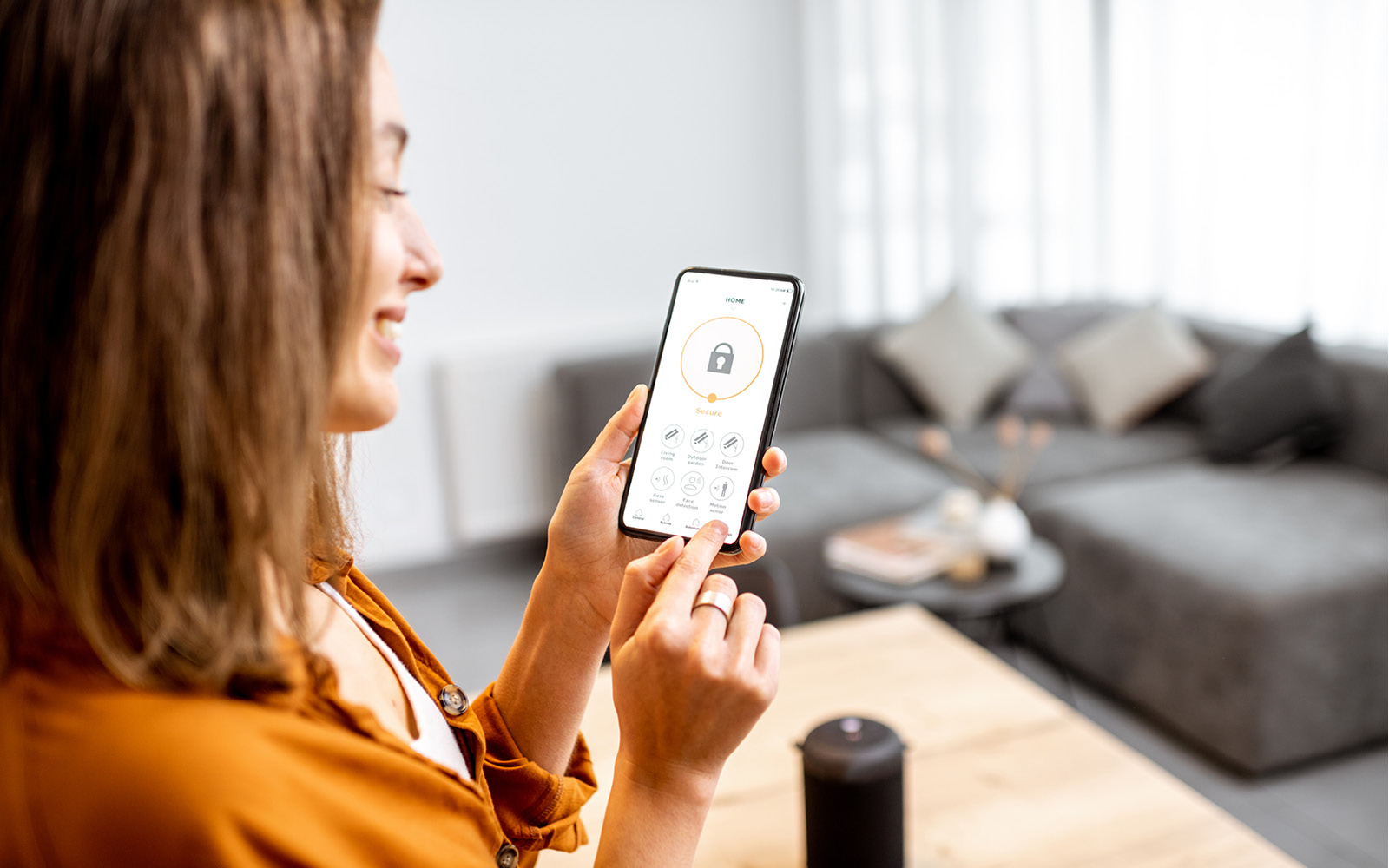How to Keep Your Phone Safe from Fraud

posted
February 13, 2023
in
Blogs
Smartphones are the millennial’s answer to the disorganized life. You can buy practically anything with just a few swipes, schedule your appointments and store all your photos and home videos in this one, convenient location. Unfortunately, all of that convenience comes at a price: Your mobile devices pose an inherent risk to your security if they fall into the wrong hands. The good news is, there are ways to protect your phone and your information from fraud.
Here are 6 tips for keeping your device safe and secure.
Keep your phone locked
If your entire life is on your phone, you run the risk of giving up complete access to your identity if your phone is stolen or misplaced. The best way to prevent this from happening is to have a lock on your screen. Opt for a physical lock if possible, such as fingerprint or face recognition; meaning no amount of automated password inputs can open your phone. Consider installing a tracking device/app on your phone as well to help you locate it and retrieve or erase the data if it gets misplaced. Finally, adjust your phone’s lock settings so the screen automatically locks after the shortest amount of time being idle.
Choose strong, unique passwords across all your devices and apps
Passwords should be a blend of letters with varied capitalization use, numbers and symbols. Be sure to use a different password for each of your devices, apps and other online accounts, and to change up your passwords approximately every six months. Don’t store the info for all your passwords in one location on your phone or have your device “remember” your passwords.
Browse safely
Follow these rules for safe online browsing:
- Look for the padlock icon and the “s” after the “http” in the URL of each landing page you visit to ensure it’s a secure site.
- Never share your personally identifiable information with an unknown contact.
- If an alleged representative of Greater Iowa Credit Union reaches out to you regarding an issue with your account and you’re unsure of whether this contact is legit, reach out to us directly through a secure channel to confirm your suspicions.
- Don’t store your credit card info in online shopping accounts.
- Keep your security settings current.
- Avoid clicking on pop-up ads or links in emails from unverified senders.
Use secure Wi-Fi
The first thing many people do when they sit down in a restaurant, at a bar, or almost anywhere, is search for free Wi-Fi access. It’s an easy way to save on data, so why not? Simply put, using public Wi-Fi makes you vulnerable to hacking. It’s best not to use public Wi-Fi at all, especially when banking online. To keep your device safe while using public Wi-Fi, connect to a virtual private network (VPN). Changing your virtual network will protect your location and sensitive information from scammers. In addition, be sure to keep your own Wi-Fi locked to prevent strangers from accessing your network.
Encrypt your data
Your phone stores loads of your personally identifiable information, which can make you vulnerable to identity theft if it’s stolen or misplaced. Protect your information by encrypting all sensitive data on your phone. Most phones have encryption settings, which you can enable easily.
Install antivirus software on your phone
The same antivirus programs that protect your laptop can also keep your phone secure. Check out security programs for phones, like McAfee or Norton 360. Antivirus software will provide your phone with protection from security breaches and attacks from scammers.
Smartphones bring a lot of convenience into our lives, but they carry an inherent security risk. Use the tips outlined here to keep your device safe from fraud.